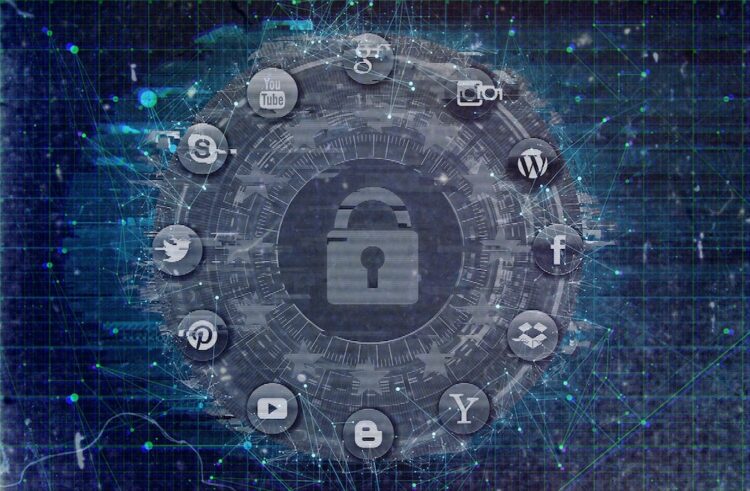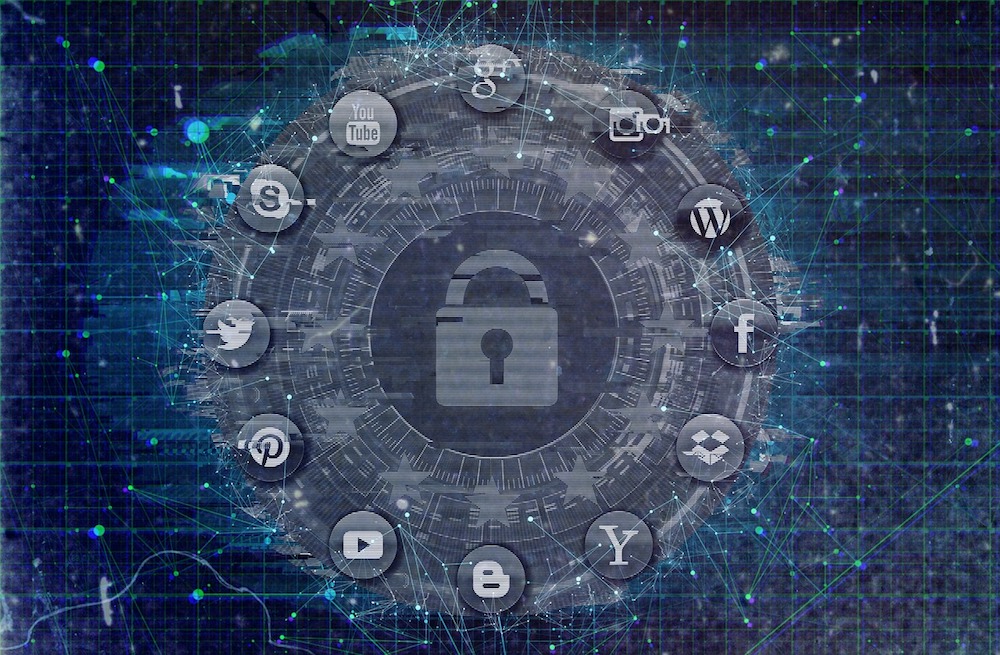There has been an outbreak of recrimination and angst about the impact of online social networks on society.
One of the early team members at Facebook, Chamath Palihapitiya, decried that “We’ve created tools that are ripping apart the social fabric of how society works. If you feed the beast, the beast will destroy you.”
Sean Parker, another key figure in Facebook’s inception, said in a recent interview: “I don’t know if I really understood the consequences of what I was saying, because [of] the unintended consequences of a network when it grows to a billion or 2 billion people and …it literally changes your relationship with society, with each other. It probably interferes with productivity in weird ways. God only knows what it’s doing to our children’s brains.”
As one of the people who has worked with all the technologies that have linked humans together, from the days of acoustic couplers on DARPANET to today’s always-on always present mobile networks, I have to both ferociously agree and vehemently disagree with these self-flagellating views.
There can be little question that current social networks have had an impact on society both far greater than earlier technologies and yet quite surprising in character. Earlier connective tech linked servers or documents or sessions. Social networks connect human experience. In many ways—as anyone who has experienced a distant family birth via Messenger can attest—this has been utterly wonderful. At the same time, social networks have had the unintended consequence of massively magnifying confirmation basis. In so doing, they have pushed people into echo chambers of extreme belief. The nearly narcotic attractiveness of online connection really has altered the social fabric in ways we have all experienced.
Points of view have hardened and flowed toward the edges on virtually every topic. Arguments, both online and in the real world, now escalate dangerously on the tiniest of points. A new auto de fé of intolerance has emerged; those not in a particular confirmation bubble are not only wrong, they are damned, double damned, ripe for recrimination or even violence.
So, at the most basic level, I agree the near-term impact of social networks is a mixed blessing at best, probably more to the negative than the positive in current culture.
But that isn’t really what those Facebookers and their negativist ilk are saying. Their implication goes much deeper. We stand, they decry, at the precipice of the collapse of civilization. Things have gotten bad and if we don’t have some kind of strident intervention they are certain to get worse. In other words, the sky is falling! These are the end times!
Here, I think the polemicists of technological evil have gone dramatically wrong. And they have gone wrong in a way hundreds of others have in the past. Naturally rooted as they must be in their personal and generational experience, they not only see the change happening, but instinctively put a value judgement on it. Not only are things deeply different than they once were, but that difference is bad, must be rejected, and represents danger.
The truth I’ve learned through long experience is that change is simply….change. It has no intrinsic goodness or badness. It just is.
We invent fire! That’s good; we can heat our caves and cook our food. It’s bad, we can burn our houses down and attract predators to our tents. Printing becomes possible. It’s wonderful! Learning and the world of God can now spread wide. It’s heretical; challenging the supremacy of the church and the whole social order based on it. TV emerges. How wonderful, a world of experience flows into every home; how awful! Traditional forms of family communication are sundered and a generation is showing signs of odd dormancy and stress from the endless electronic flow. The medium becomes the message.
It is the nature of change to have within it both positive and negative potentialities.
Whenever fundamental change occurs, it is common and easy to declare the New the Enemy, attack it and inveigle against it. The times are always out of joint. The rough beast is always slouching toward Bethlehem.
But the rough beast never gets there, and the time-stressed joints always (at least so far in history) hold.
And the reason for that is: the rising generation, the generation that actually experiences the new reality of change, decides the actual course for that change, not the generation that created the means of change. Through this adaptive process, the young alter the world, often in ways utterly unexpected, so that the calamitous collapse so often inescapable to Luddites doesn’t happen. Things, in the actuality of history, both change more and stay more the same than pronouncements in the moment presume.
And that, in my view, is what will happen with social networking. The power of human connection over great distances, now unleashed, will never be re-contained. The impacts of social networking change will be deep and abiding. The future, as it always is, will be shockingly different than the past in ways that defy simple extrapolation.
A New Yorker cartoon from a couple years ago showed a person of a certain age talking to his shrink. He says: “But I like living in the past. It’s where I grew up.”
We all did. But we all wind up living in a future we don’t fully get. Getting the future, shaping the future, is the job of those who come after us. In regards to social networking, the rising generation will decide how their lives, and so society will change, for worse…or better.




